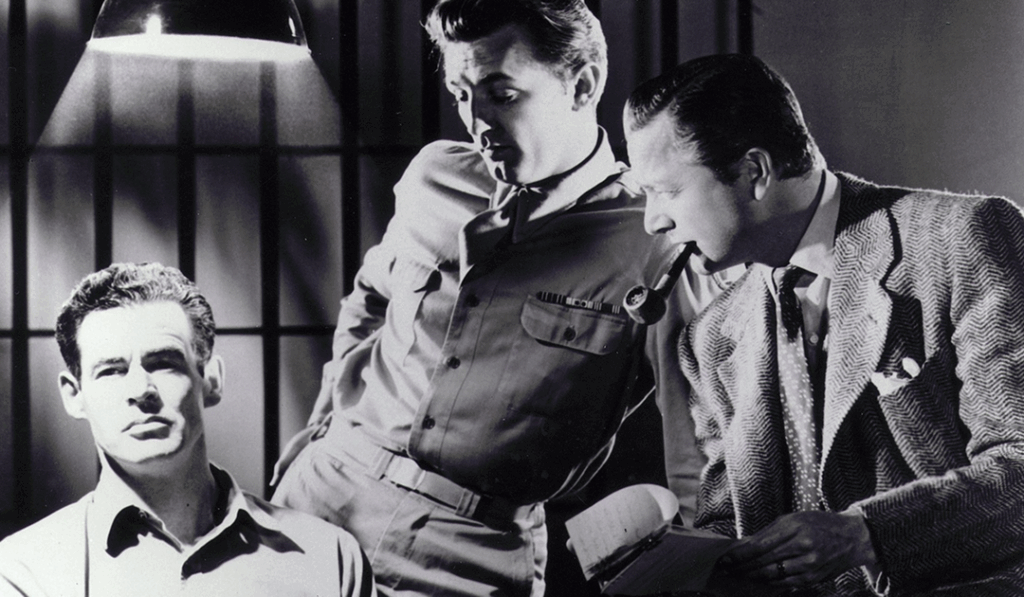Ricky was sitting across the desk from a car salesman, and Ricky appeared troubled.
He had spent the last two hours negotiating for a new minivan. By this time, Ricky had successfully driven the price down by several thousand dollars; had options thrown in for free and just got the floor mats as well.
The salesman looked as though he’d been through nine rounds and was trying to survive the tenth.
“So,” said the salesman, a trickle of sweat winding down the side of his face, “do we have a deal?”
“I don’t know,” Ricky said. “I feel like there is one more thing…”
“What?” the salesman cried out. “What more do you need?”
Ricky’s eyes lit up. “I know,” he said. “Give me your necktie.”
The salesman’s jaw dropped. Did he hear this right? “What?”
“Yeah,” Ricky said. “Give me your necktie and we have a deal.”
The salesman hesitated, then pulled the tie from around his neck and tossed it into Ricky’s arms.
“There,” he snarled.
“Thanks,” Ricky said, smiling. “Where do I sign?”
This is, as they say, “based on a true story.” Let’s face it, Ricky didn’t ask for the necktie because he wanted to spiff up his business attire. What he wanted was a trophy, a “scalp” he could tie to the antenna and tell everyone, “I drove such a hard deal that I even got the guy’s necktie!”
Sometimes in our own negotiations we will get a request from the other party that feels “unfair,” like they are pushing too far. We perceive our choice as saying “yes” and closing the deal, or saying “no” and losing the deal. The path a disciplined negotiator takes is to understand WHY the other side is making the ask, testing the legitimacy of those interests and seeing if there are other options that might meet those interests.
Interests: “Can you help me understand what the value of the tie is to you?” This is the “why” question without asking “why.” Understanding why somebody wants something, what their underlying interest is, is critical to trying to generate options to find another solution.
Legitimacy: In this case, the “why” question will also drive out a troubling element of this ask: it has no legitimacy. Ricky just wants to feel like he “won” by walking out with a prize. But by asking the “why” question in a non-confrontational way, it puts the onus on Ricky to explain the legitimacy. Most important, if he agrees to give the necktie, the salesman sets a precedent for himself and his industry that strengthens legitimacy for the future. Agreeing to an illegitimate request adds legitimacy for the next time because “you’ve done this before.”
Options: Upon understanding Ricky’s interests, perhaps the salesman could offer something else that meets his own interests, like encouraging Ricky to spend his services dollars at the dealership. “I really like this tie. My mother, God rest her soul, gave it to me last Christmas. Tell you what, how about a free oil change instead? That’s worth more than the tie.” Even better if he can offer a second option, such as a free car wash, and let Ricky choose between those two. Psychologically, a party always feels empowered when they are the ones making the decision. When you can, provide multiple options, any one of which is acceptable to you.
Relationship: If Ricky persists in insisting on the tie, the salesman may resort to a question about their relationship. “You know, I get it that you want to win and that’s OK with me because I win as well — I get you as a customer. But after all the time we have spent together trying to get something done, do we have to end this with me feeling bad because you made me give up my clothes?” Sharing with the other side how you perceive the situation can be a very effective way to change the other party’s frame of reference. Now, Ricky might think: “I am not ‘winning’ so much as I am humiliating a guy who really has been very good trying to get me this car. Heck, do I really need the necktie?”
When negotiating, take note of those moments when your “fairness” radar goes off. It’s usually accompanied by the thought, “Why this? Why now?” Stop and ask the other side to help you understand how that request helps the deal from their side, then share with them why you find it challenging. As Deal Whisperers, we want to close deals that drive value and mutual success for both parties and not give away our neckties!



